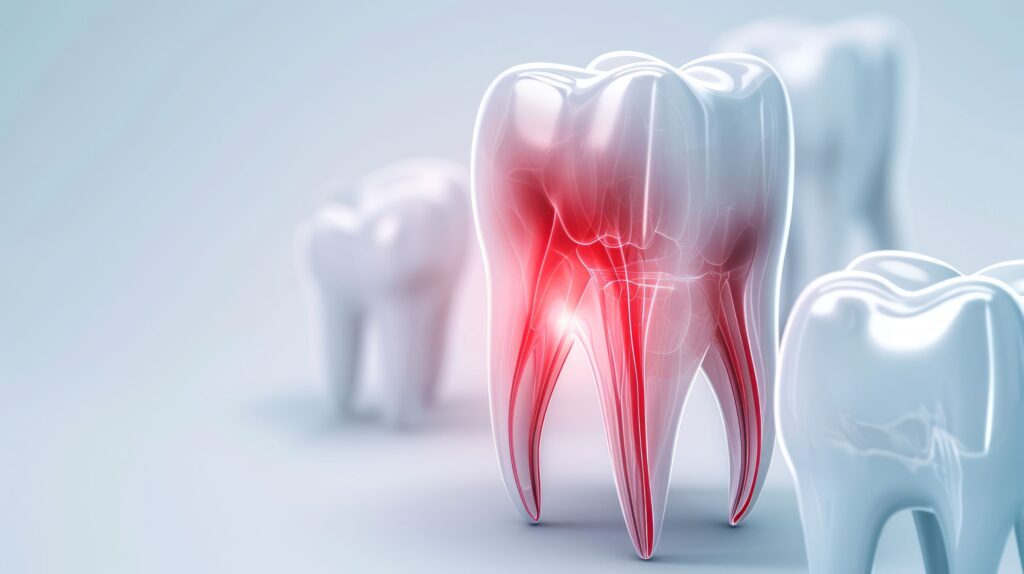
You probably already know that brushing and flossing your teeth is essential to preventing oral issues like cavities and gum disease, but do you know why? Although enamel is the hardest substance in your body, it’s not entirely invincible to harm. When certain bacteria interact with acids from the foods you eat, they can eat through this protective outer layer and cause tooth decay.
Thankfully, dental technology and techniques are constantly evolving so that more people can achieve and maintain happy, healthy teeth. For example, a new microbial species that can cause caries has been identified. Keep reading to learn more about it and how to safeguard your smile!
Which Bacteria Cause Cavities?
Did you know that your mouth is home to about 700 different microbes? This diverse population includes both “good” and “bad” bacteria that impact your dental status in different ways. For instance, some have a positive impact by breaking down food and helping digest ingredients like sugar and milk. Others stimulate saliva production to rinse away leftover food and protect your pearly whites from acid damage.
Unfortunately, there are also plenty of harmful germs that cause problems like tooth decay and gum disease. Since the 1920s, dentists have been taught that one strand in particular, Streptococcus mutans, is the primary cause of caries. Then, in June 2023, researchers from the University of Pennsylvania School of Dental Medicine, the Adams School of Dentistry, and the Gillings School of Global Public Health at the University of North Carolina made a significant discovery that changed this historical perspective.
What Did Scientists Recently Learn About Cavities?
You’ve already learned that different microbes can impact your mouth differently. To study the different effects, UNC researchers took samples from the teeth of 300 children between the ages of 3 to 5. These were analyzed using various advanced testing techniques to sequence the gene activity in the samples and analyze the implied bacterial pathways.
The data confirmed what they already knew: S. mutans and other acid-making bacteria could form plaque and erode enamel, resulting in tooth decay. However, they also learned something unexpected. A microbe previously associated with gum disease, Streptoccocus sputigena, interacts with other species in plaque to compound the caries process.
While it doesn’t produce cavities on its own, it works with those that do to make matters worse. It has appendages to promote surface movement and becomes trapped in the sticky residue on your teeth. Then, it rapidly multiplies, leading to a concentrated production of acid to wear through your enamel.
Fortunately, you can still prevent cavities by brushing and flossing twice daily and visiting your dentist for a routine checkup every six months!
About the Practice
At Ponte Vedra Complete Dentistry, you and the entire family benefit from a full array of services provided by two skilled dentists conveniently under one roof. Dr. Harth and Dr. Townsend take pride in helping people of all ages achieve their ideal smiles. With 30+ years of combined experience between them, there’s no issue too small or complex for them to handle. They work closely with patients to create fully individualized treatments to meet their unique needs. Then, they use state-of-the-art equipment to deliver accurate, long-lasting results. You can request an appointment on the website or call (904) 285-7711.



